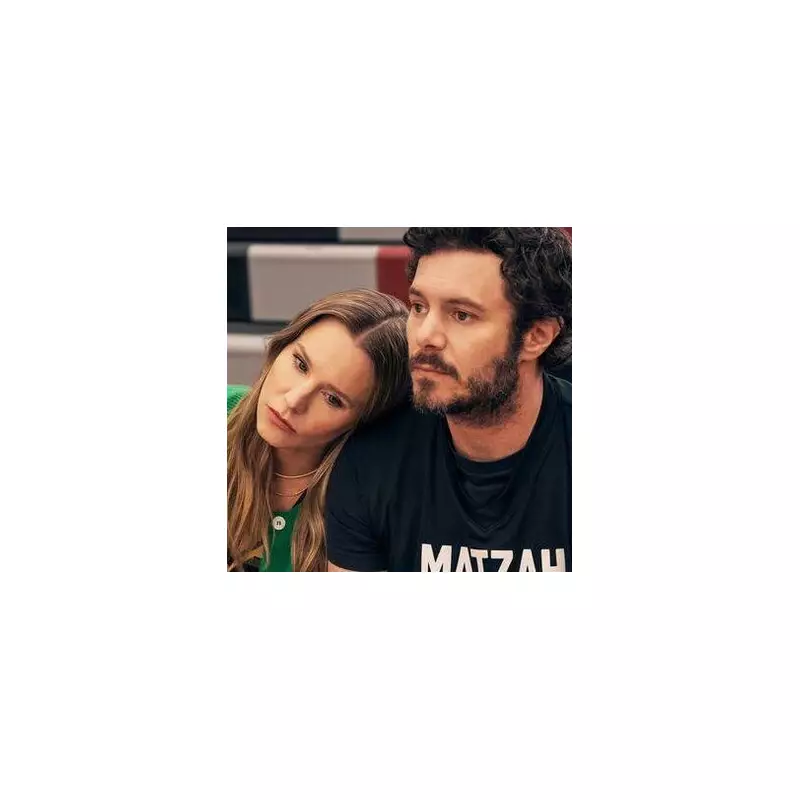
The BBC's long-running political debate programme Question Time is facing an unprecedented crisis as viewing figures have collapsed to worrying new lows, with industry insiders questioning whether the show has a future.
Ratings Freefall Sparks Panic
Recent episodes of the Thursday night stalwart have attracted barely half a million viewers, a staggering decline from its heyday when audiences regularly exceeded three million. The programme's struggle to maintain relevance has become so severe that even BBC executives are reportedly asking: "Does anyone actually watch this anymore?"
The Westminster Bubble Problem
Sources close to the production team reveal that the show's traditional format of politicians debating in the "Westminster bubble" has become increasingly disconnected from public interest. With trust in politicians at rock bottom and political fatigue setting in after years of Brexit debates and party scandals, viewers are simply switching off.
"The truth is, nobody wants to watch politicians arguing anymore," confessed one BBC insider. "The public are bored of the same faces saying the same things. It feels like groundhog day every Thursday evening."
Fiona Bruce's Battle to Save the Show
Current host Fiona Bruce, who took over from David Dimbleby in 2019, faces an uphill battle to revive the programme's fortunes. Despite her respected journalism background, even her presence hasn't been enough to stem the tide of declining viewership.
The format, which sees a panel of politicians and public figures answering questions from a selected audience, has remained largely unchanged for decades. Critics argue it has failed to evolve with changing viewer habits and the rise of digital media.
Digital Competition and Changing Habits
Younger audiences in particular are abandoning traditional television formats in favour of streaming services and social media platforms where political content is consumed in shorter, more engaging formats. The programme's attempts to maintain its relevance through social media clips and digital extensions have so far failed to make a significant impact.
What Next for Political Television?
The crisis facing Question Time raises broader questions about the future of political programming on mainstream television. As the BBC contemplates the show's future, several options are being considered:
- A complete format overhaul to make debates more dynamic and less predictable
- Moving away from traditional Westminster politics towards issues that directly affect communities
- Incorporating more digital interaction and real-time audience participation
- Potentially reducing the number of episodes or moving to a seasonal format
One thing is clear: without significant changes, one of British television's most enduring political programmes could soon face the axe, marking the end of an era for broadcast political debate.





